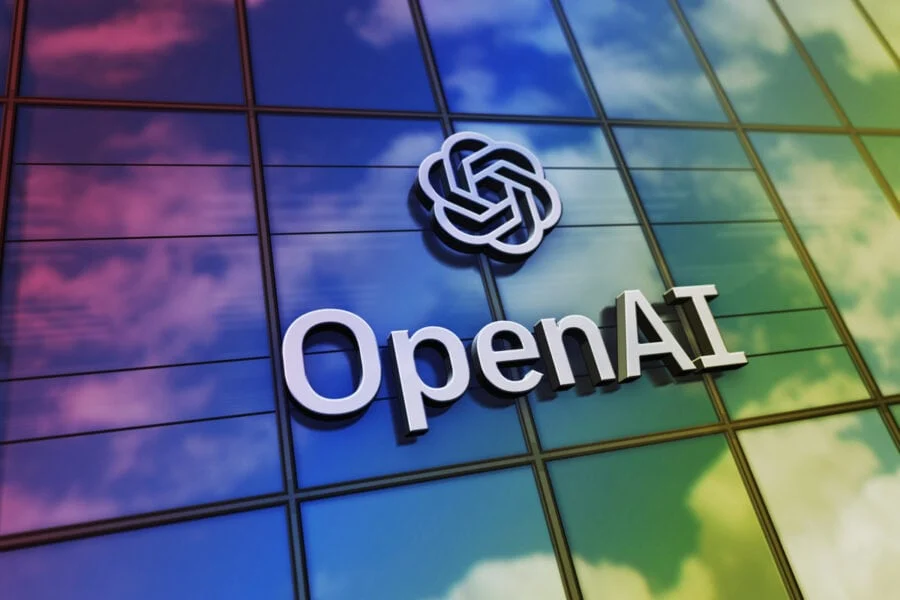
The OpenAI board would have had its reasons for sacking founder Sam Altman – but as my late grandfather would often say: “There’s nothing common about common sense.”
The decision to fire arguably the world’s hottest AI talent in the worlds’ most competitive and fast evolving industries smacks of an epic failure of strategic thinking.
Case study writers are already adding to the fast-growing body of MBA course material on how companies self-destruct after it emerged that four members of the company’s board had taken the decision to remove Altman, whom they believed to have been harbouring critical information about the inner workings of the company.
Sacking a CEO when trust between them and the board is broken, is nothing new. What the board failed to appreciate was knock-on impact of that one decision would have on the business.
Insiders say the board spent a large part of the weekend trying to entice Altman back, but by Monday morning, he was at the helm of a new Microsoft AI venture.
By firing a CEO it no longer trusted, the board created a tsunami of issues it failed to consider. Not only had it handed its sharpest talent to one of the most powerful companies on earth, it also amplified the capacity of a rival which now has a vested interest in crushing them. Not smart, especially as 80% of the staff at OpenAI issued an ultimatum to the board: “either you go, or we go…”probably to Microsoft.
People often ask me to illustrate the concept of strategic opportunism in my talks – right now I cannot think of a better contemporary example than the Microsoft CEO Satya Nadella who is effectively staging an $80bn corporate takeover without spending a cent.
Brilliant.



